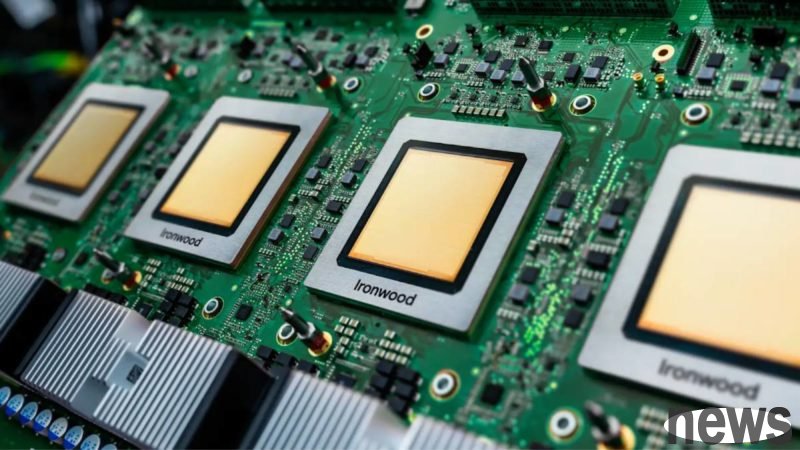
Google has long been an important customer of NVIDIA. It not only purchases AI chips, but also rents them to Google Cloud users. However, this "loyal customer" has now begun to bite NVIDIA. Recently, Google has frequently contacted small cloud companies that mainly rent NVIDIA GPUs, and hopes that these businesses can enter their own developed AI chips - TPUs.
Before understanding this game, you must first clarify the difference between TPU and GPU. NVIDIA GPU was originally designed for graphics computing, but with the CUDA software platform, it has long become an industry standard for deep learning, with high versatility, and is widely used by AI developers. It is like a "Swiss knife", which can be handled in almost any task.
In contrast, Google TPU is a dedicated chip, optimizes TensorFlow and JAX frameworks, has outstanding energy efficiency and is more suitable for large-scale AI model training, like a "professional knife" that can achieve extreme performance in specific fields. However, compared with the GPU's flexibility and complete software habits, the application scope and compatibility of TPUs are still relatively limited.
This is also why small cloud operators prefer NVIDIA GPUs. For them, GPUs not only meet market demand immediately, but also have complete CUDA eco-friendly and high developer acceptance, and the overall cost is lower. However, Google seems to have managed to convince Fluidstack, a small cloud company based in London. The company mainly provides Nvidia GPUs to lease new AI companies and is planning to build a new data center in New York recently. According to people familiar with the matter, if Fluidstack cannot pay the rent for the newly designed data center, Google will provide up to $3.2 billion (about NT$9.81 billion) as a "backup" to replace the company's deployment of TPUs in the data center.
It is still unclear why Google chose to put TPUs into a facility for third-party cloud operators for the first time. One may be that the progress of self-built data centers cannot meet the demand and urgently needs additional space; the other explanation is that it hopes to attract additional customers through small cloud service providers. Google has not responded to this move.
NVIDIA Is Now Battling For AI Chip Dominance On Two Fronts As Google Steps Up Efforts To Potentially Replace Its Chips – Report